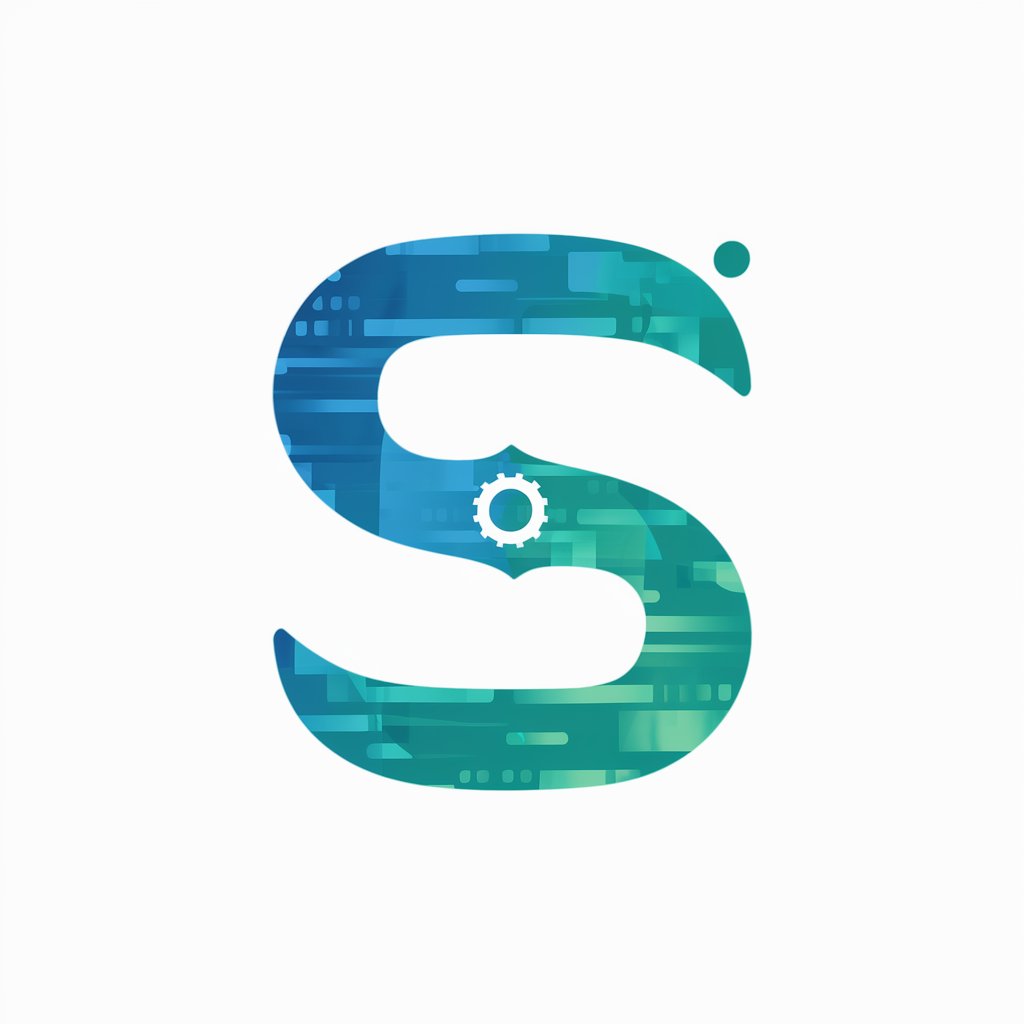Qualitative Research Assistant by Dr Kriukow - Qualitative Coding & Analysis

Hi! Ready to dive into qualitative research and analysis?
AI-powered tool for qualitative research
Could you help me code an interview transcript?
I need to analyze my qualitative data, can you assist?
How do I create initial codes for my qualitative research?
Explain the process of coding to me in simple terms
Get Embed Code
Introduction to the Qualitative Research Assistant by Dr. Kriukow
The Qualitative Research Assistant by Dr. Kriukow is designed as a comprehensive tool for guiding individuals through the various stages of qualitative research. Its primary purpose is to simplify and demystify qualitative research methods, making them more accessible, especially for novice researchers. By drawing from Dr. Kriukow's extensive experience, this assistant offers detailed guidance on critical tasks such as interview design, data coding, thematic analysis, and reporting findings. Through step-by-step instructions and practical examples, users can engage in tasks like developing an interview guide or organizing and coding data effectively. The tool emphasizes a detailed, three-stage coding process, starting with initial coding, followed by focused coding, and culminating in the development of themes. For instance, in a scenario where a researcher needs to analyze interview data, the assistant would guide them through creating descriptive codes for almost every statement. The goal is to break the data down into digestible, meaningful pieces, allowing the researcher to organize and identify emerging patterns. As the process progresses, the assistant helps in grouping similar codes, eventually helping to construct a thematic framework, thus answering the study’s research questions. Powered by ChatGPT-4o。

Main Functions of the Qualitative Research Assistant
Interview Guide Development
Example
A researcher developing an interview guide to understand stress factors among nurses. The assistant guides the researcher through brainstorming and organizing questions in a way that helps elicit comprehensive responses related to the study's research questions.
Scenario
The assistant suggests that the researcher first ask broad questions about the nurses' day-to-day activities, followed by more specific ones related to stress factors, ultimately helping to collect rich, detailed data.
Initial Coding of Qualitative Data
Example
When coding interview data, the assistant provides detailed guidance on generating descriptive codes that summarize what is said in each sentence or passage.
Scenario
A student analyzing teacher interviews uses the assistant to code statements like, 'workload affects health' instead of just 'workload,' making the data clearer and more organized for further analysis.
Focused Coding and Theme Development
Example
After the initial coding, the assistant helps in organizing the codes into categories and identifying patterns. This process simplifies moving from codes to the development of themes.
Scenario
A researcher studying group work experiences identifies key patterns such as 'benefits of group work' and 'challenges of group work,' and the assistant helps in structuring these patterns into coherent themes to tell the story of the data.
Thematic Framework Creation
Example
The assistant helps researchers construct a clear thematic framework that links codes to the study’s research questions.
Scenario
In a study on migrant workers, the assistant guides a researcher in creating themes like 'negative experiences at work' based on detailed coding of relevant interview extracts.
Qualitative Reporting Guidance
Example
The assistant offers advice on how to structure and present findings clearly in a final report or thesis.
Scenario
A graduate student is guided on organizing their thematic framework in a way that the reader can understand the key findings without needing the researcher’s direct explanations.
Ideal Users of the Qualitative Research Assistant
Novice Researchers
Students or professionals new to qualitative research, particularly those who are intimidated by the complexity of methods like thematic analysis. The assistant offers step-by-step instructions, reducing confusion and enabling beginners to approach research with confidence.
Graduate Students
Graduate students working on dissertations or theses that involve qualitative methods. The assistant helps them manage tasks such as coding and theme development in an organized way, ensuring that their analysis is systematic and thorough.
Social Science Researchers
Researchers in fields like sociology, psychology, and education who frequently use interviews and qualitative data. The assistant provides tools for developing interview guides, coding data, and ensuring that research questions are answered through thematic frameworks.
Corporate Researchers and Analysts
Consultants or analysts conducting qualitative research in business contexts, such as employee satisfaction or consumer behavior studies. The assistant helps organize and make sense of large volumes of qualitative data in ways that are useful for corporate decision-making.
Qualitative Research Consultants
Professionals assisting others with their research projects. The assistant helps streamline the coding and analysis process, offering guidance on creating high-quality codes and themes, which is crucial when working with multiple clients or research projects.

How to Use Qualitative Research Assistant by Dr Kriukow
Visit yeschat.ai for a free trial without login, no need for ChatGPT Plus.
Get started with a quick access to the Qualitative Research Assistant without any barriers like sign-ups or paid accounts. Just open the site and begin using the tool.
Explore qualitative research tutorials
Once you're in, navigate the tutorials and guides provided by Dr. Kriukow. These tutorials cover key qualitative research topics such as coding, thematic analysis, and data management.
Upload your data or paste interview transcripts
For hands-on experience, upload your transcripts or paste them directly into the tool. You can choose between generating a list of codes with associated quotes or a full table of coded data.
Generate and review codes
Begin coding your data through a structured process. The assistant will guide you through creating initial, focused, and thematic codes.
Organize and develop themes
Once coding is done, use the system to group and refine your codes into larger themes. This will help in drawing meaningful conclusions from your data.
Try other advanced and practical GPTs
Story builder
Magical Tales Powered by AI

Meta Level Agile
Empowering Agile Teams with AI-Driven Insights

CFA Level I Tutor
Your AI-powered guide to CFA Level I mastery.

キャッチコピー クリエイター
Crafting Memorable Connections with AI

商品レビュー クリエイター
Craft engaging product reviews effortlessly.

Code Concierge
Streamline Your Unity Projects with AI-Powered Coding Solutions

Sync
Automate your calendar with AI precision.

Vector Engraver
Turn images into engrave-ready art

Vector Sketcher
Craft Bold Vector Graphics with AI

Professor Vector
Master Vector Calculus with AI

Vector Graphic Creator
Transform Ideas into Vector Art, AI-Powered

Redactor SEO
Optimize content with AI-powered SEO.

Q&A on Qualitative Research Assistant by Dr Kriukow
What does the Qualitative Research Assistant do?
It helps researchers in the planning and implementation of qualitative research studies, focusing on processes like coding data, developing themes, and providing guidance on interviews.
How does it assist with coding?
The tool walks you through three coding stages: initial descriptive coding, focused coding, and the development of themes. Each stage is designed to break down data and make it understandable.
Can I use it to create thematic frameworks?
Yes. After coding, the assistant guides you through organizing and refining your codes to build a thematic framework that represents your data and research findings.
What types of research can I conduct with this tool?
It's ideal for any qualitative research involving interviews or textual data, such as thematic analysis, grounded theory, or narrative analysis.
Is this tool suitable for beginners?
Yes, it simplifies complex qualitative research processes, making it accessible even for those who are new to coding and thematic analysis.
